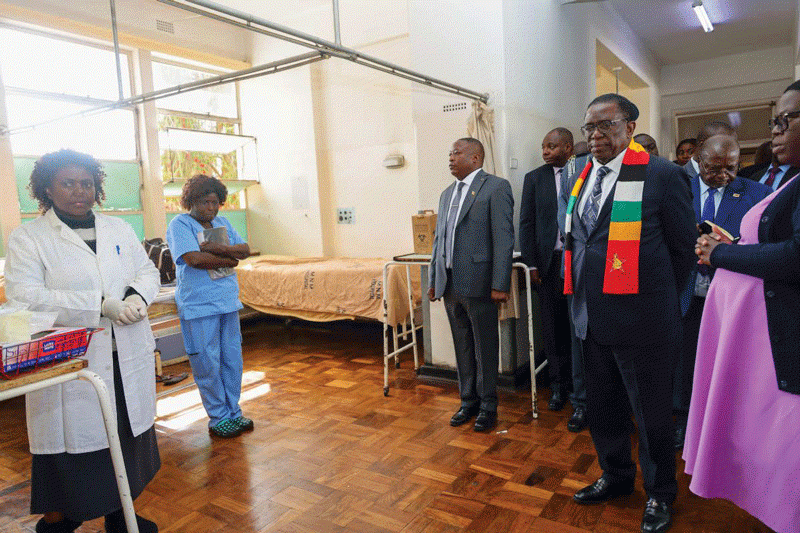
Thousands of Zimbabweans especially in rural areas die of malaria every year and the new drug would improve the treatment choices especially in children.
Joseph Mberikunashe, the national malaria control programme manger in the Ministry of Health and Child Welfare said the drug was being tested by the Medicines Control Authority of Zimbabwe (MCAZ), which will give the nod for its use.
“We welcome any new drug which improves the health of the nation,” he said.
“We have heard about Artesunate as well as its effectiveness.
“We have heard that currently the drug is being registered with the MCAZ and as soon as it is fully registered we will carry out our own examinations.”
He said the tests would be done to establish the effectiveness of the drug, duration of treatment and possible side effects.
Zimbabwe currently relies on Quinine to cure malaria in children and the drug has few side effects, which includes rash.Mberikunashe said although children malaria deaths in Zimbabwe were on the decline a lot still needs to be done to reduce the cases.
According Wikipedia Artesunate (INN) is part of the artemisinin group of drugs that treat malaria.
- Chamisa under fire over US$120K donation
- Mavhunga puts DeMbare into Chibuku quarterfinals
- Pension funds bet on Cabora Bassa oilfields
- Councils defy govt fire tender directive
Keep Reading
In regions where transmission is high, randomised trials among Asian adults and African children showed that Atersunate was more effective than Quinine.
The drug is manufactured in Uganda for the African market.
Meanwhile, Medicines Sans Frontiers (MSF), an international medical humanitarian organisation has encouraged African countries to follow World Health Organisation (WHO) guidelines encouraging them to switch to the new drug.
“For decades, Quinine has been used in severe malaria, but it can be both difficult to use and dangerous, so it’s time to bid it farewell,” MSF said in a statement released ahead of the World Malaria Day on Monday last week.
“With Artesunate, we now have a drug that saves more lives from severe malaria, and is safer, easier and more effective than Quinine.”
Citing the difference between the two drugs the statement said, Quinine has to be given three times a day in a slow intravenous drip that takes four hours, a treatment method that is burdensome for both patients and health staff.
Artesunate, in contrast, can be given in just four minutes, by giving a patient an intravenous or intramuscular injection.
MSF participated in the trial through its research affiliate Epicentre, with a research site in Uganda.
MSF has since changed its own treatment protocols and now plans to work with national health authorities to roll out Artesunate in its projects over the coming months.
However, the new drug is three times more expensive the current one.











